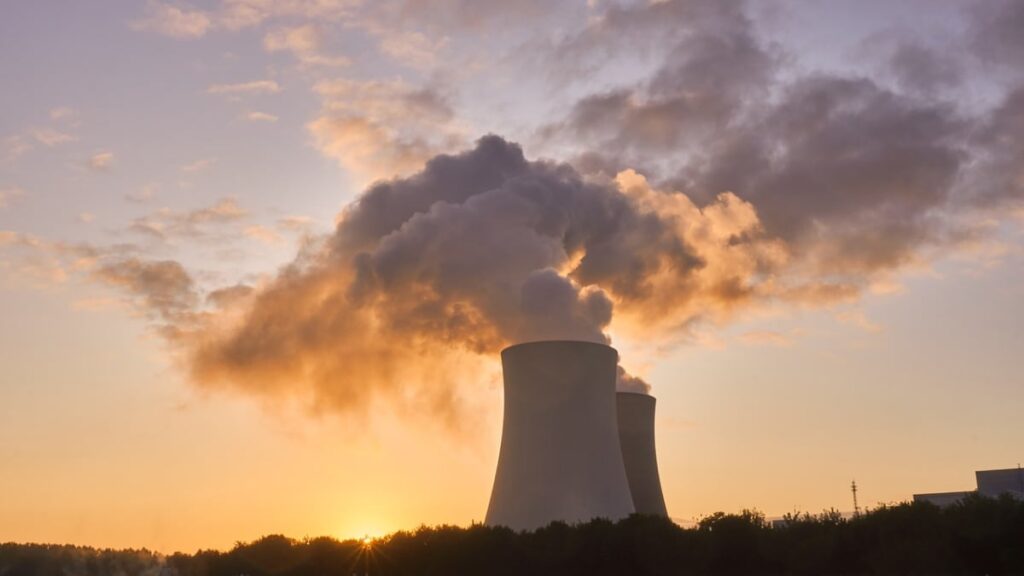
Japan is set to adopt a new energy strategy aimed at addressing increasing electricity demand while pursuing its decarbonisation goals. A government-backed panel of experts has supported plans to maximise nuclear power and expand renewable energy sources, targeting up to 50% renewable energy by 2040. Nuclear energy is expected to make up 20 percent of the country’s energy supply, reversing earlier phase-out policies following the 2011 Fukushima nuclear disaster. These measures are being proposed to ensure energy security and meet net-zero emissions targets by 2050.
Key Objectives Outlined in the Draft Policy
As reported in pbs.org, according to the Industry Ministry’s proposed energy policy, renewables will become Japan’s primary power source, with an ambitious goal of reaching 40–50 percent of the energy mix by 2040. At the same time, nuclear energy will be leveraged to provide stable and low-carbon electricity. The plan includes restarting idled reactors that comply with updated safety regulations and building next-generation reactors at decommissioned sites.
To accommodate the rising energy needs of data centers and semiconductor factories, coal usage will be significantly reduced, and investment in advanced solar technologies and portable solutions is being encouraged. However, concerns about the feasibility of these targets have been raised by experts due to the slow progress of reactor restarts and regulatory approvals.
Challenges in Meeting Nuclear Targets
As reported by pbs.org, experts said that restarting all 33 operational reactors in Japan, a requirement to meet the proposed nuclear energy targets, will be a significant challenge. Industry Minister Yoji Muto stated during the panel review that achieving decarbonised energy security is essential for the country’s economic growth. However, critics have pointed out that the draft policy lacks clear timelines for phasing out fossil fuels and heavily depends on successful cost reductions in renewable energy development.
The plan, which will be reviewed by the Cabinet in March after public consultation, represents Japan’s dual approach of relying on nuclear power and renewables to meet its growing energy needs and decarbonisation commitments.
For the latest tech news and reviews, follow Gadgets 360 on X, Facebook, WhatsApp, Threads and Google News. For the latest videos on gadgets and tech, subscribe to our YouTube channel. If you want to know everything about top influencers, follow our in-house Who’sThat360 on Instagram and YouTube.
BSNL Introduces New Prepaid Recharge Plans With Unlimited Voice Calling, Up to 3GB Data Per Day
Crypto Price Today: Bitcoin Trades at $92,000, Most Altcoins See Losses on Last Day of 2024


